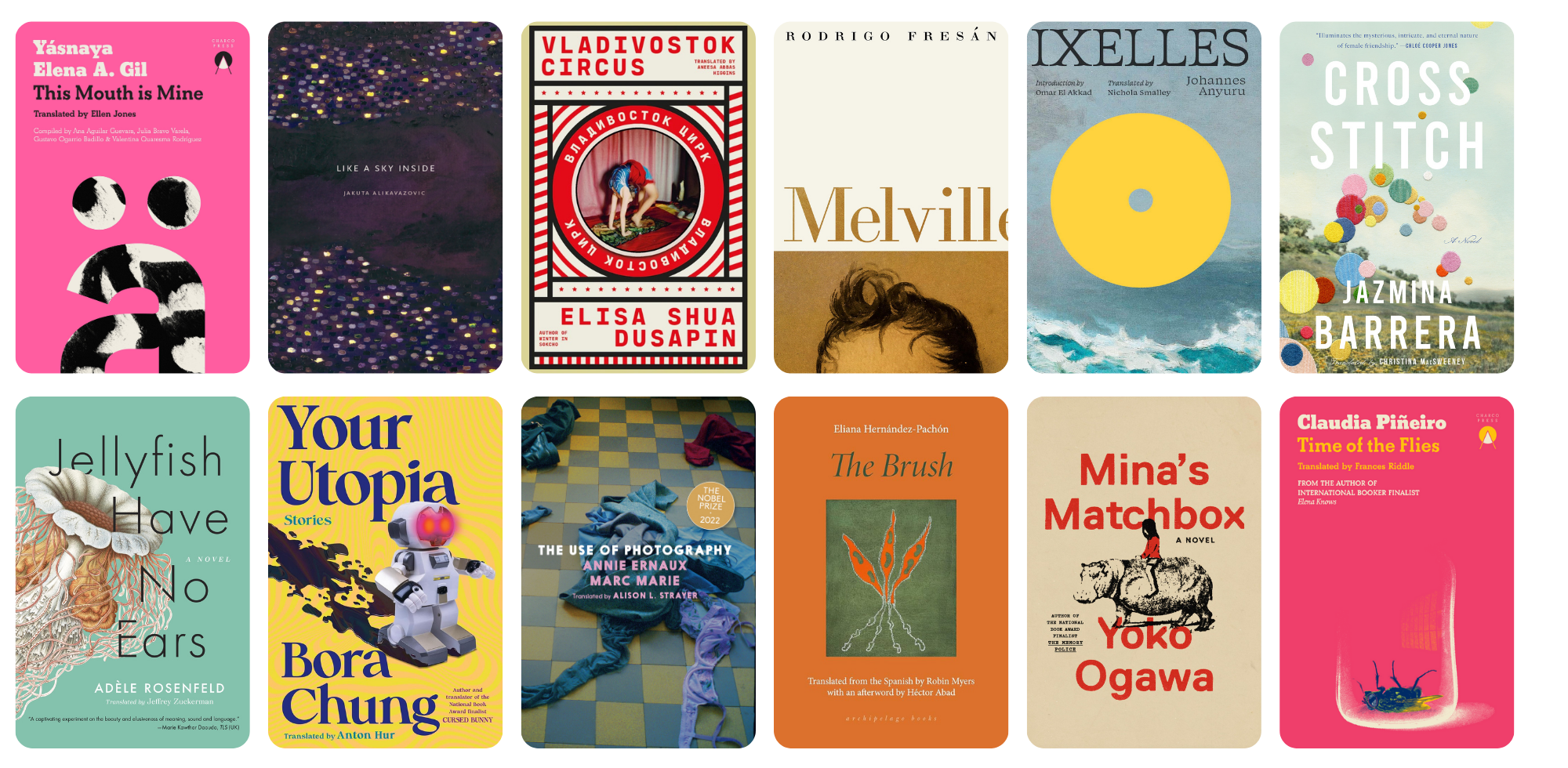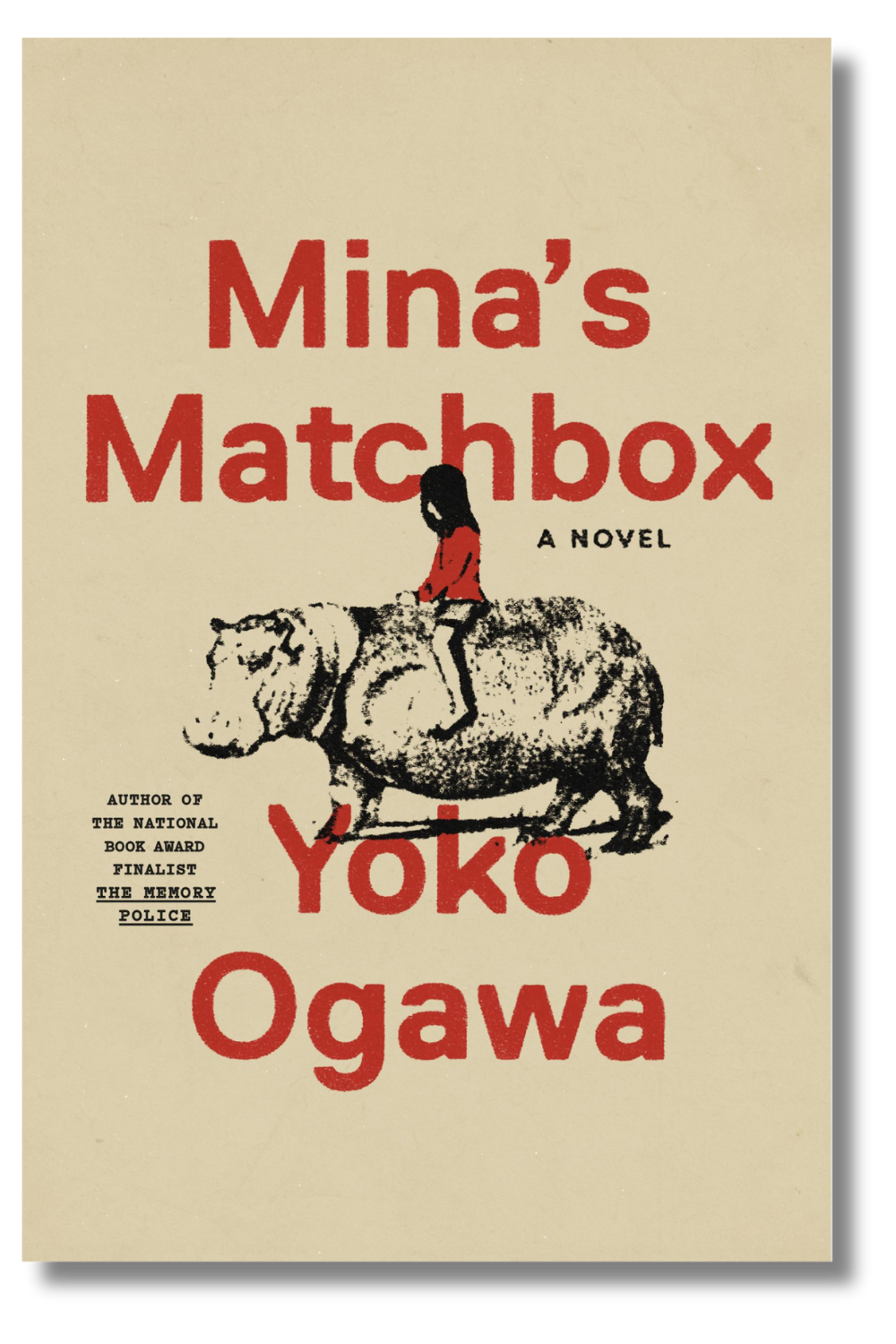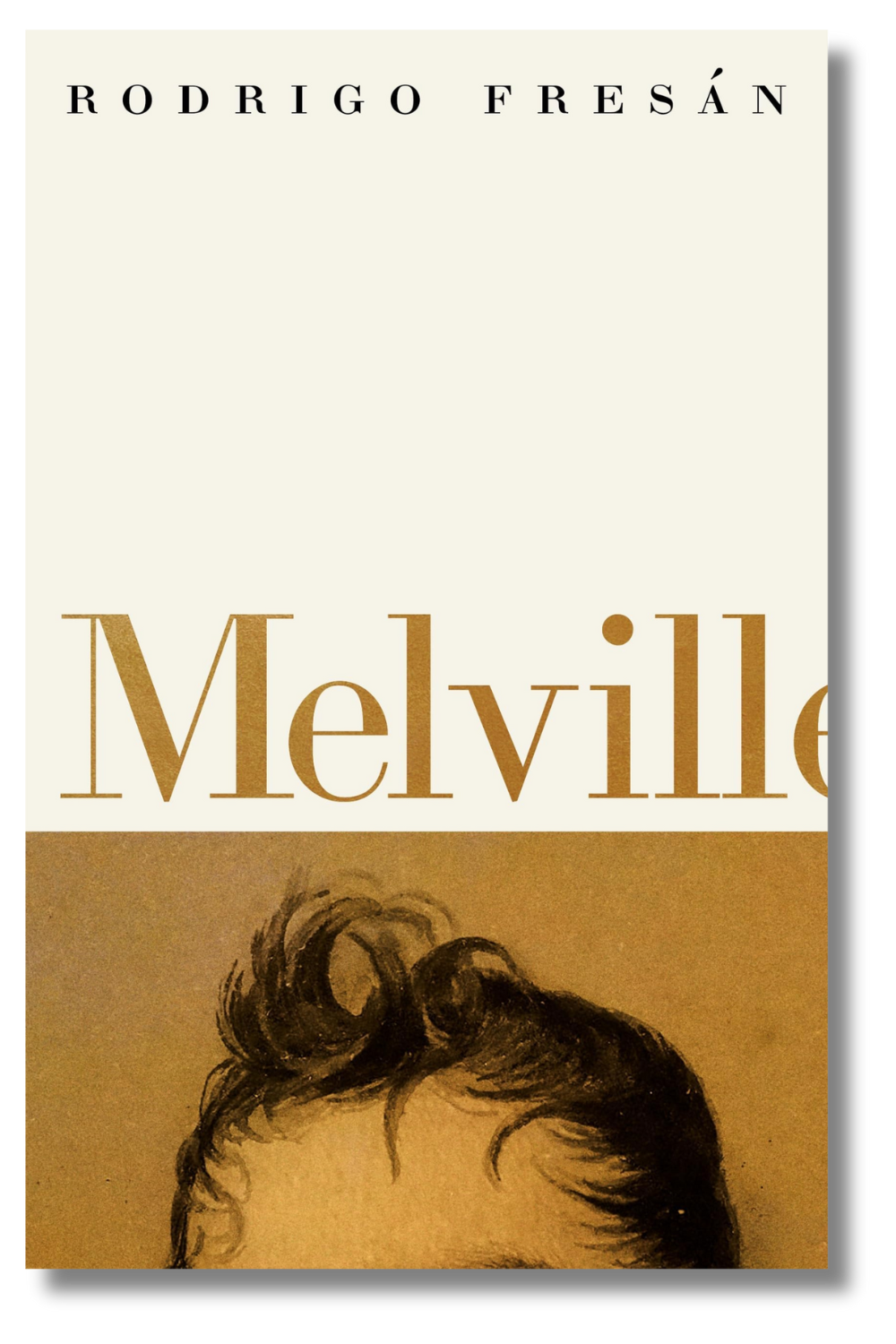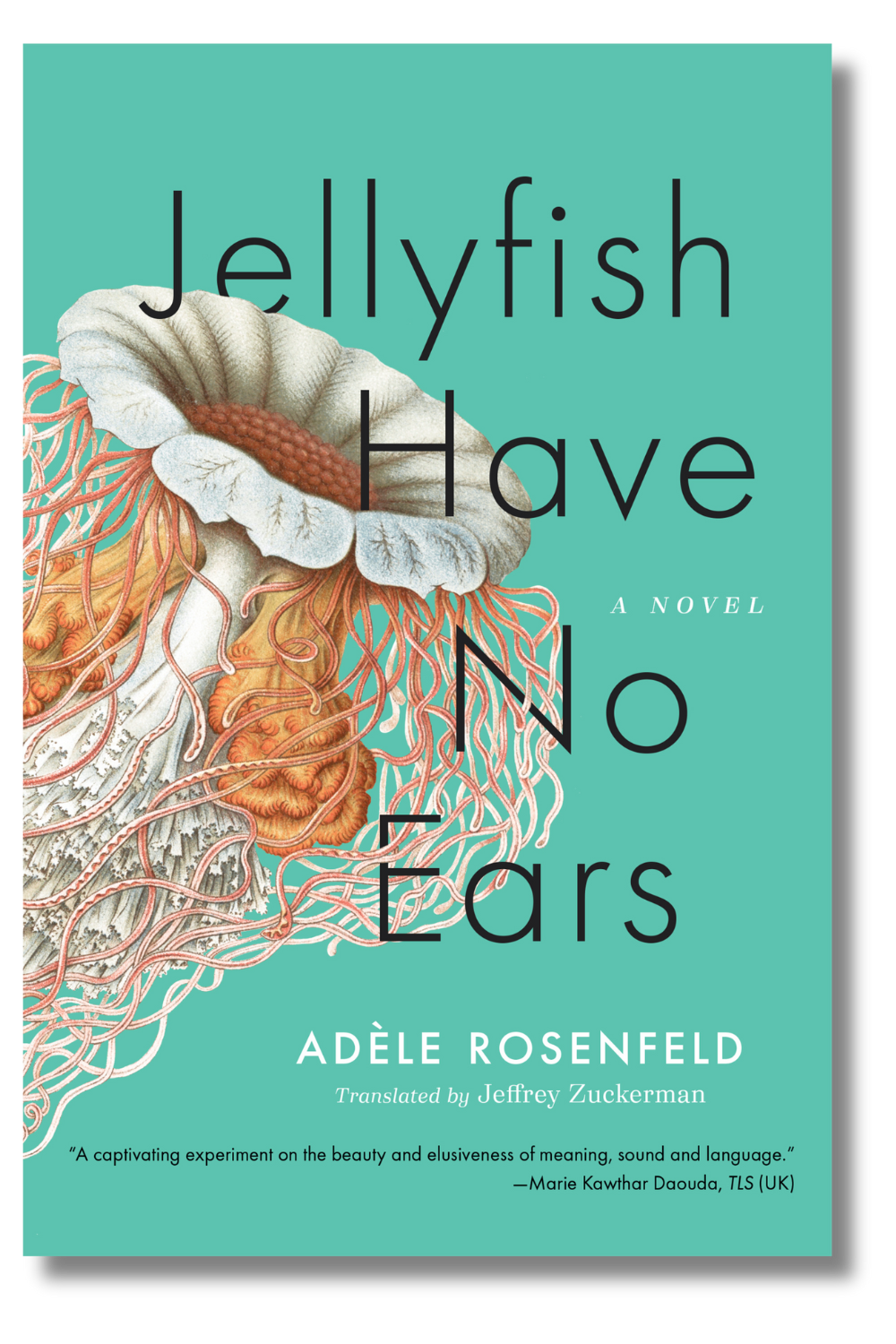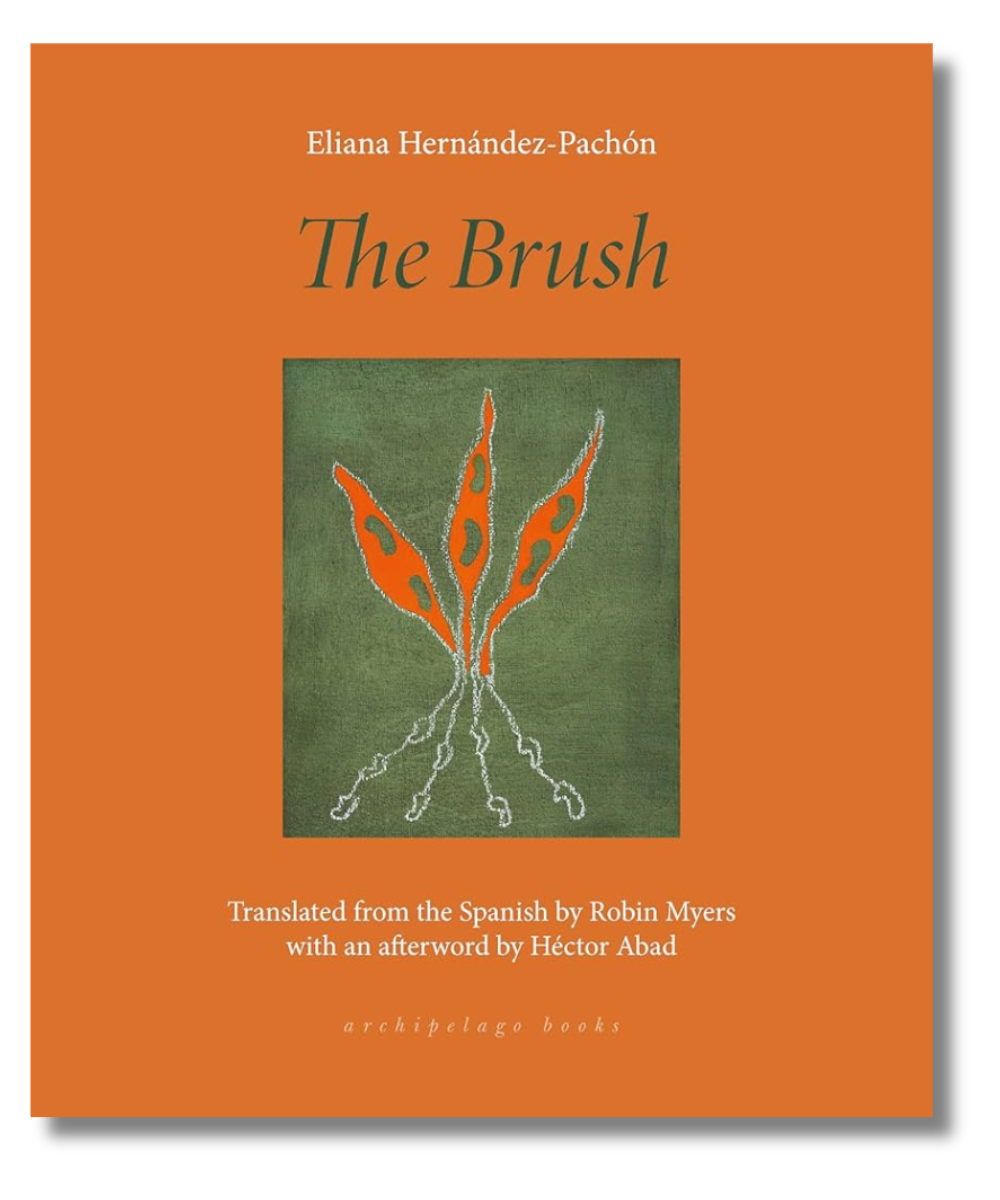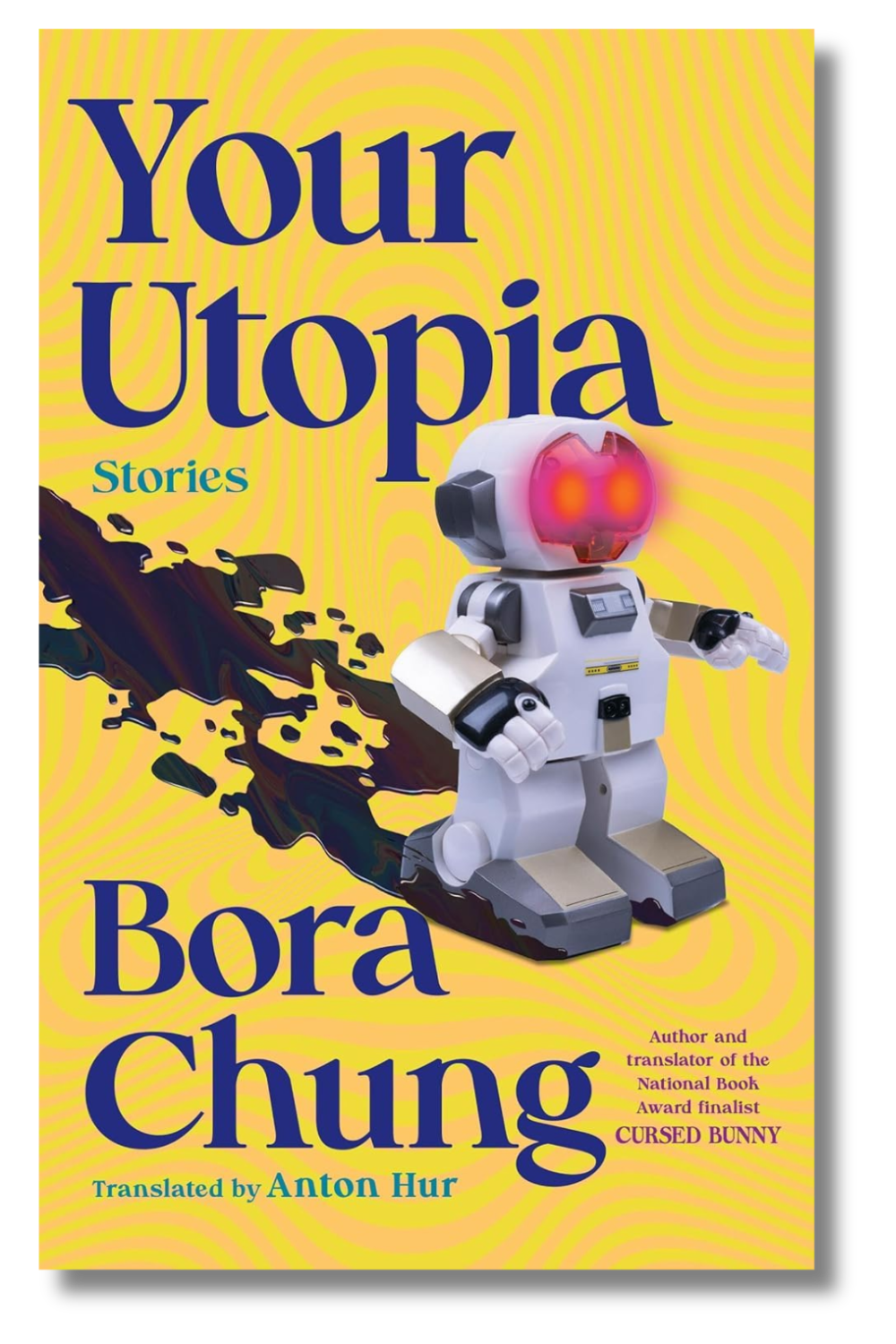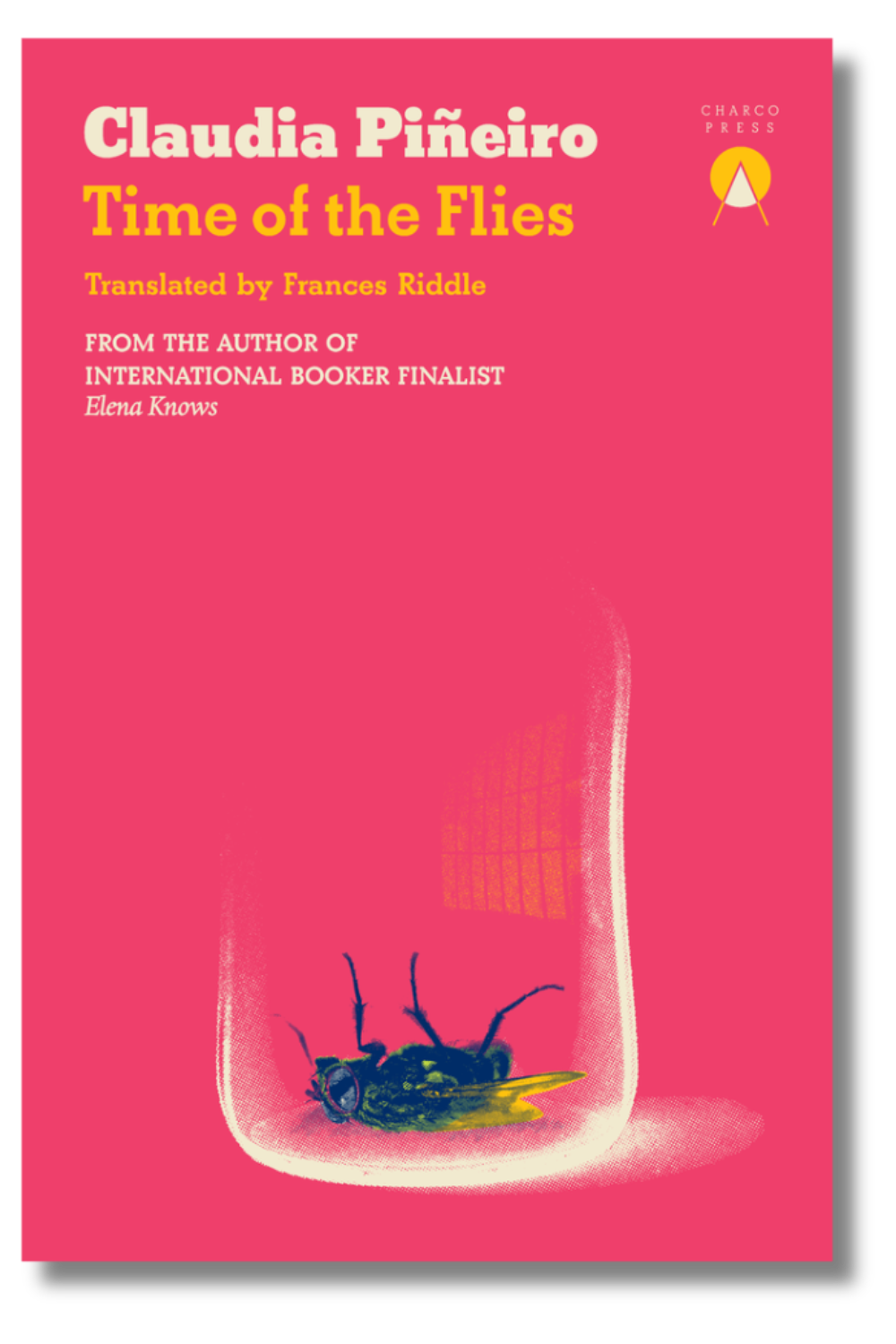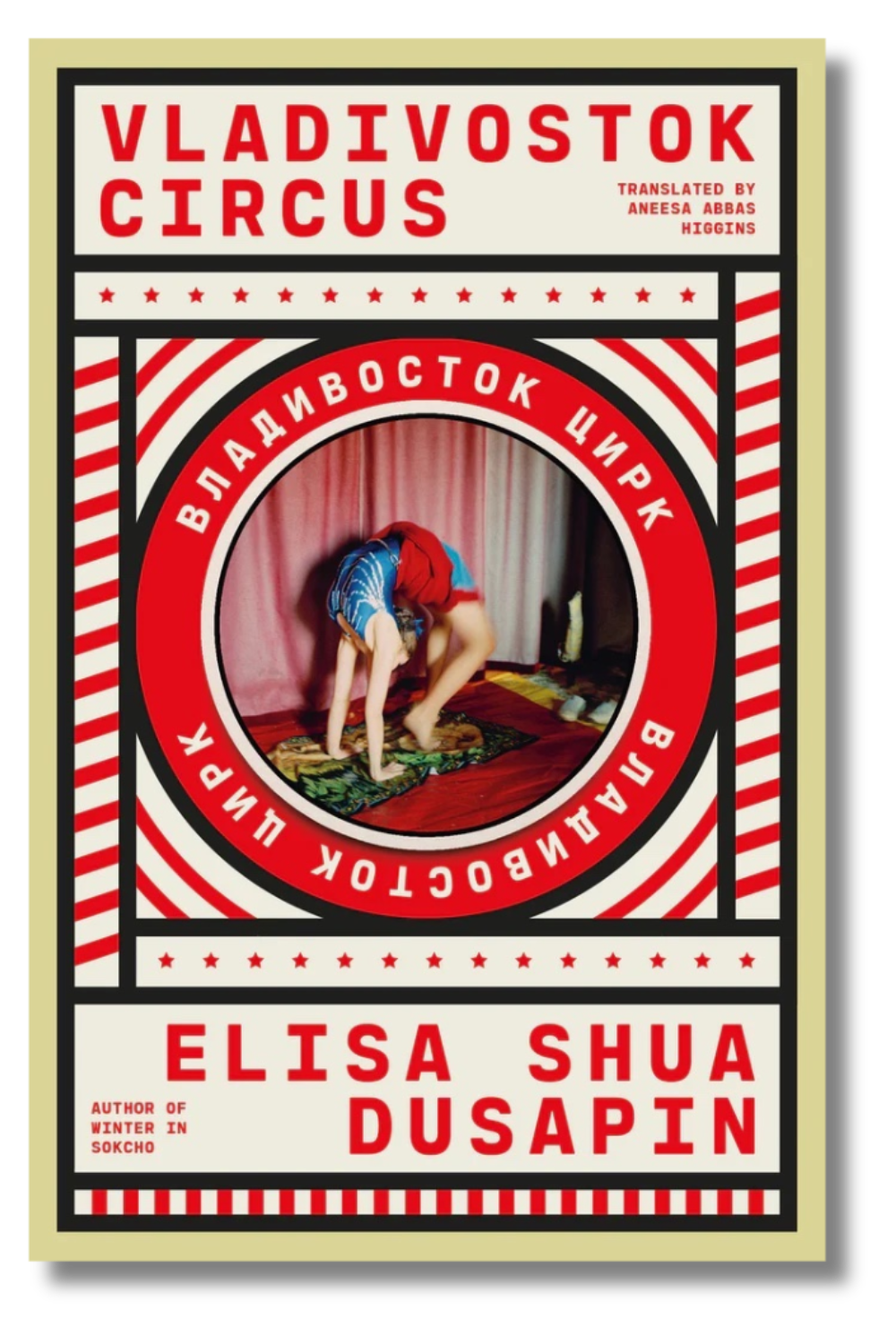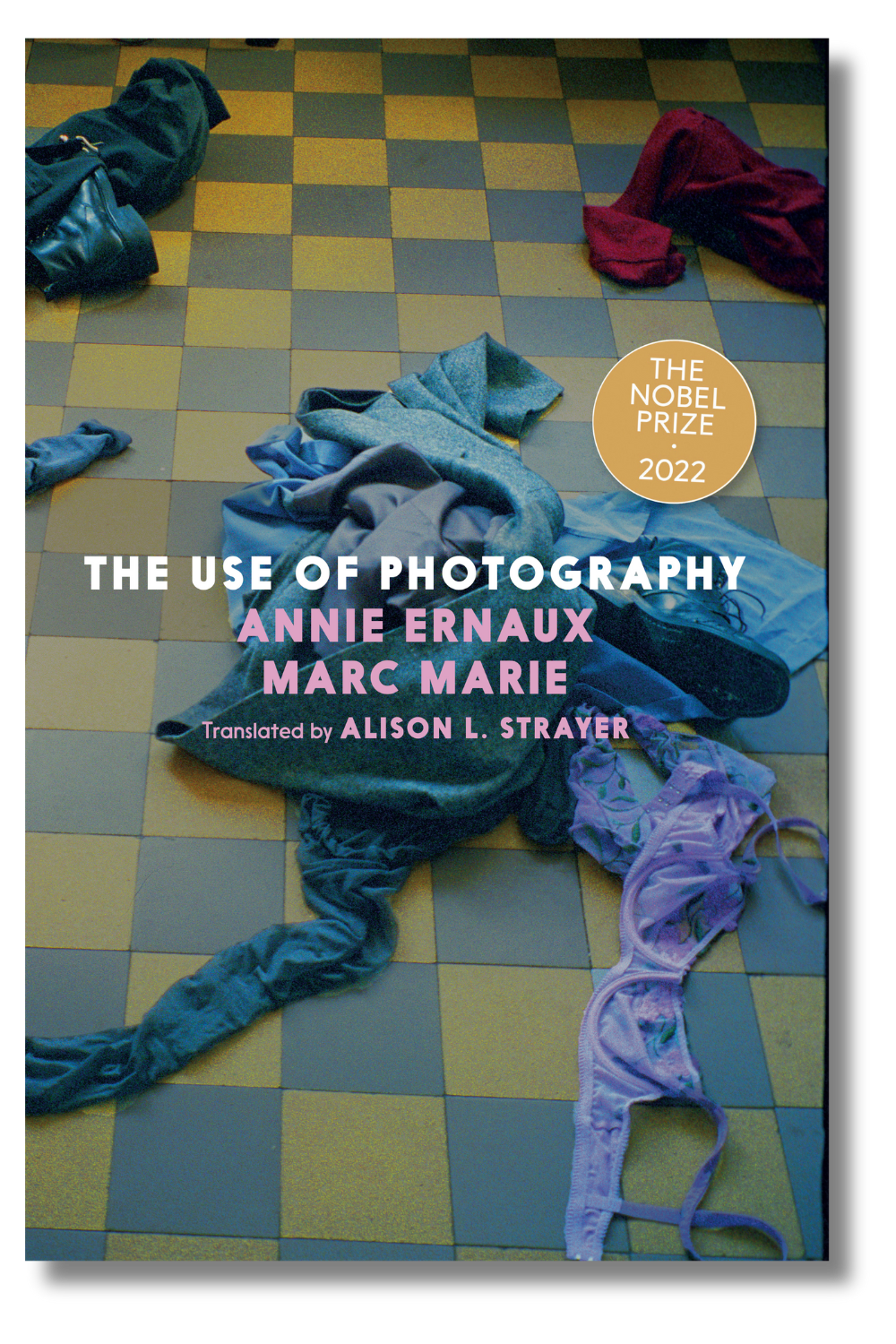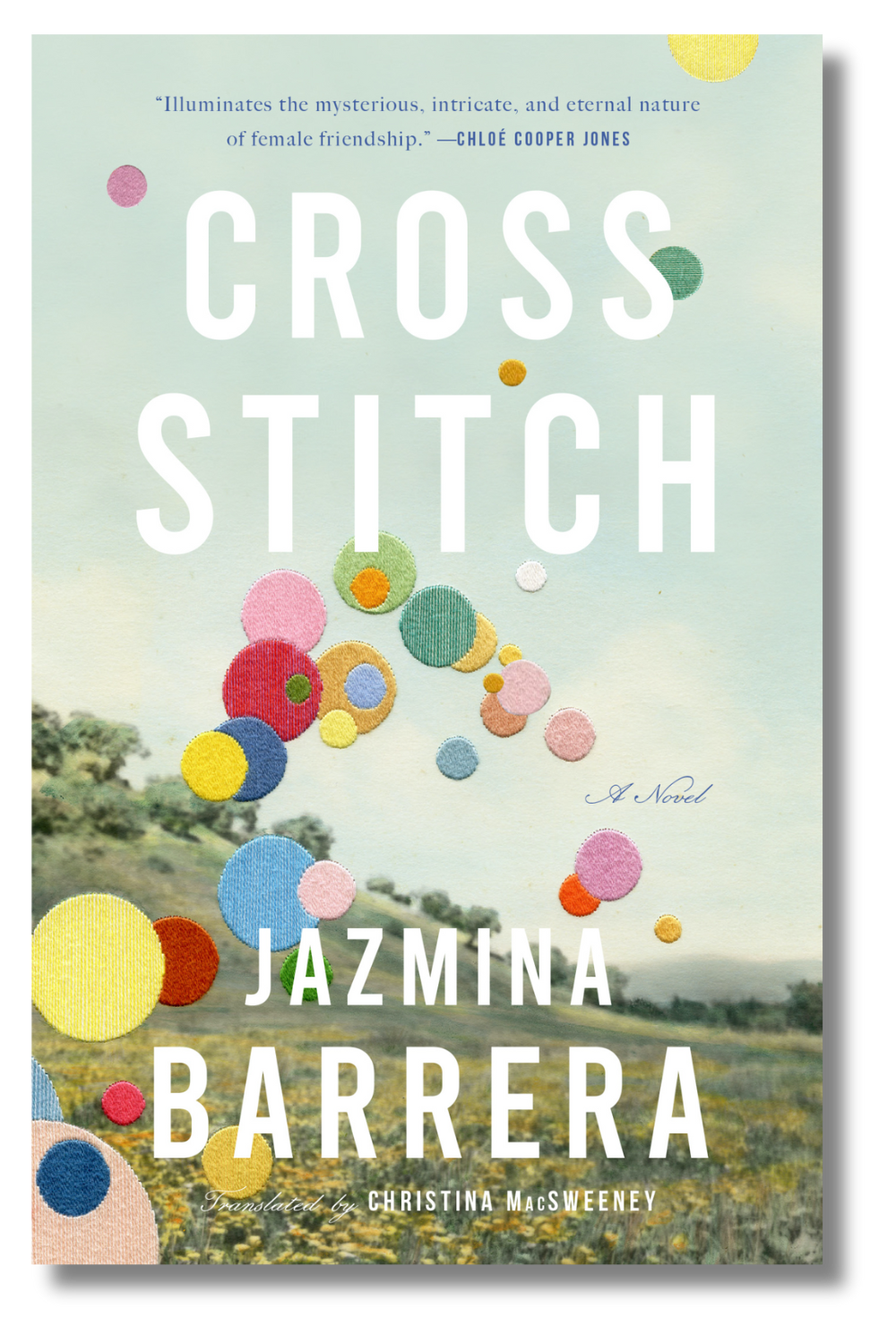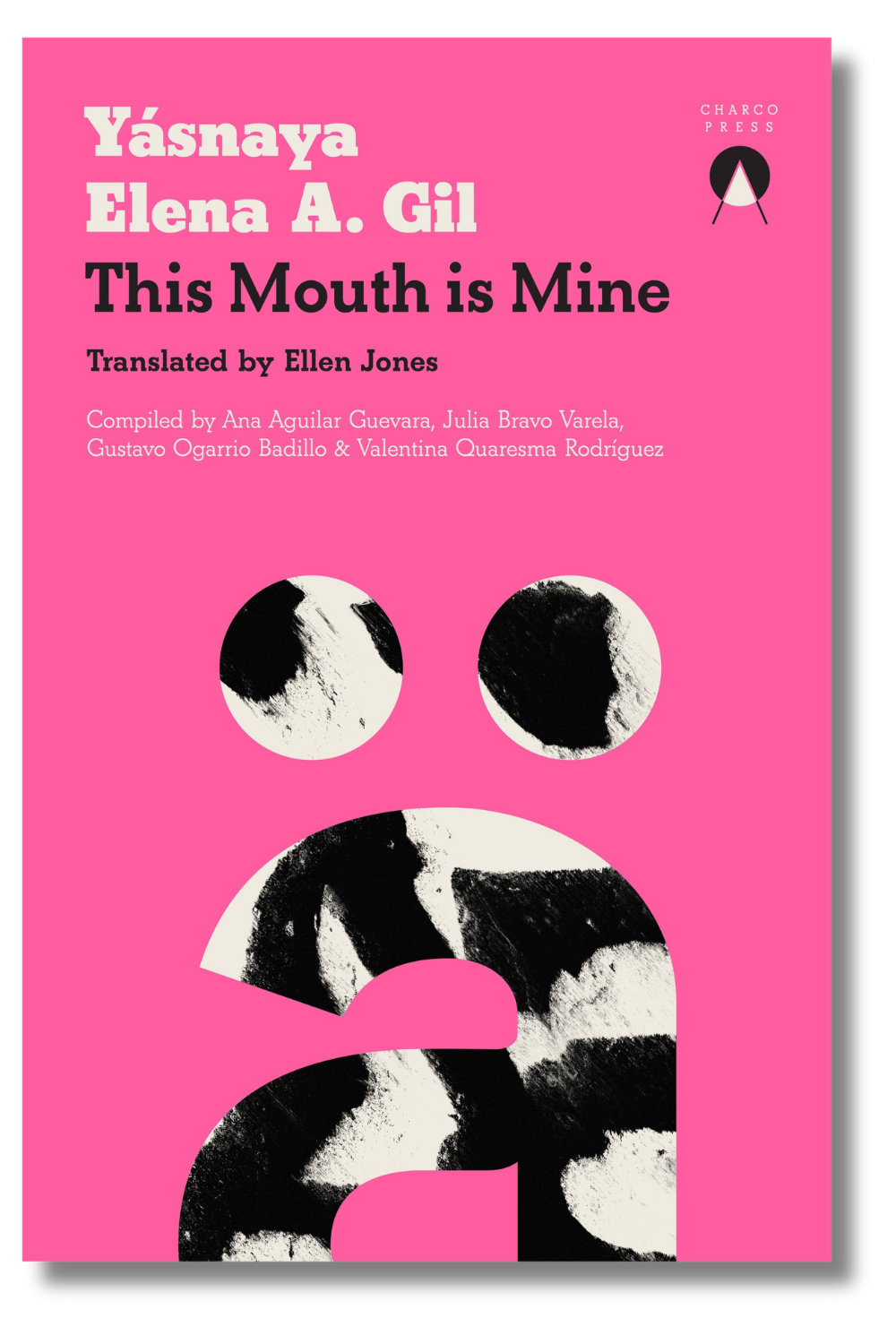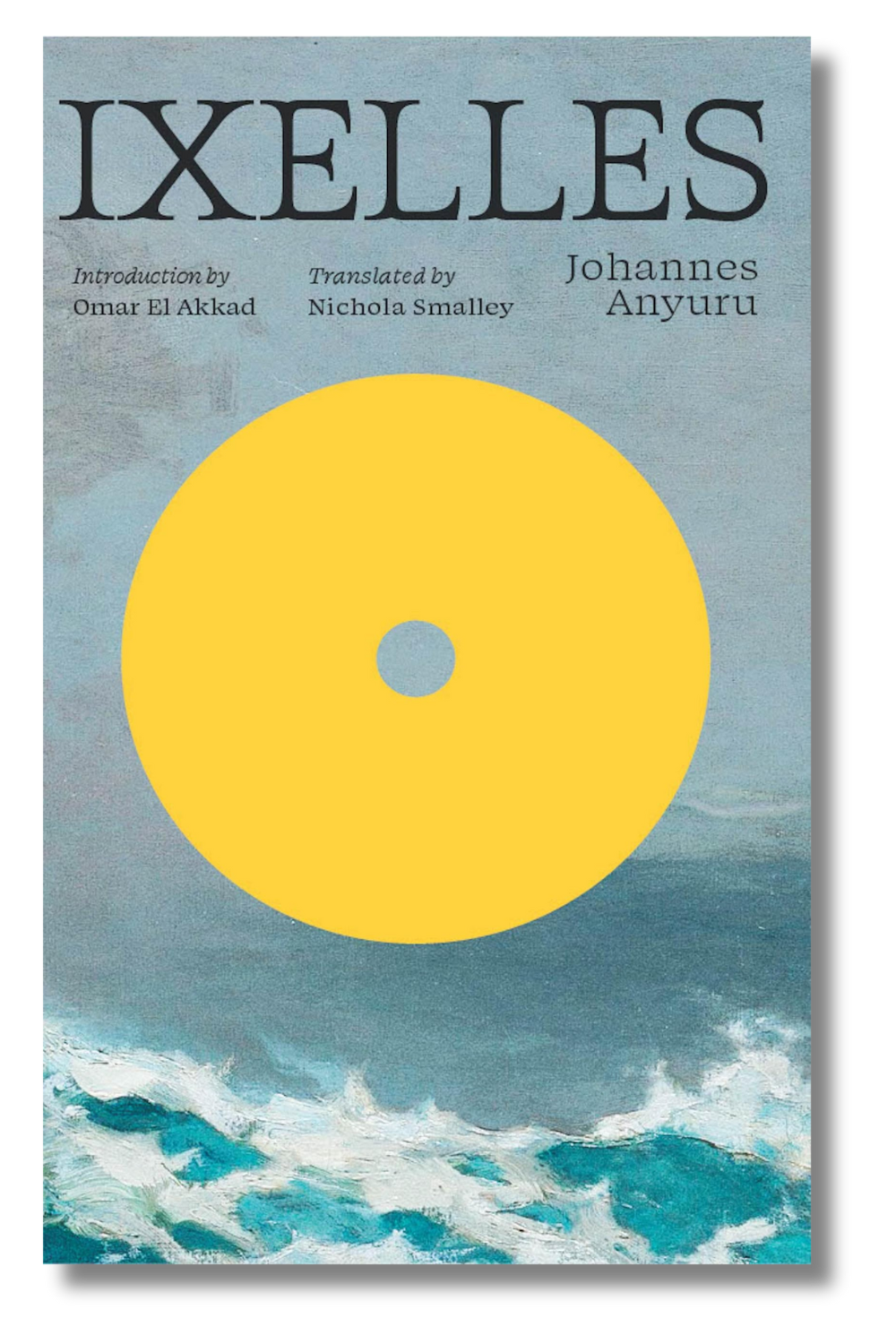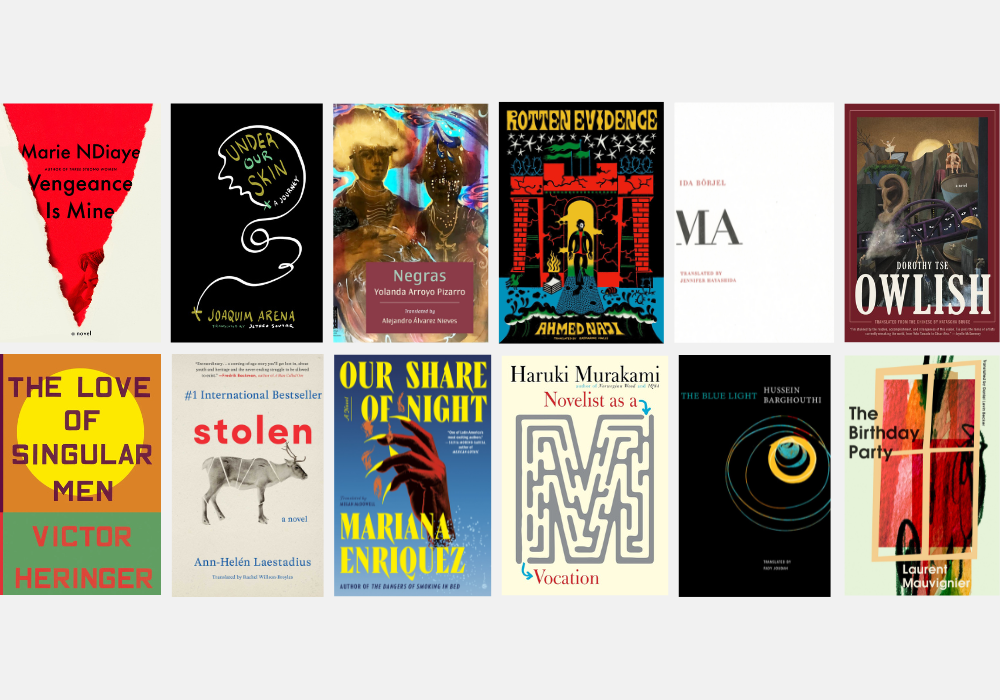I started the year by interviewing Yoko Tawada about her connection to Germany via Japan and her portrayal of animals, among other things, so it’s a strange but sparkling little coincidence that I should end this year with a book by a vastly different Japanese writer, Yoko Ogawa, whose novel Mina’s Matchbox (originally serialized in Japan in 2005, and published in Stephen Snyder’s English translation only this year) also straddles the connections between Germany and Japan, and has animals nudging readers along from the margins as they are taken through a crucial year for twelve-year-old protagonist Tomoko, who has to leave her widowed mother to live with her aunt in a grand mansion in Ashiya. Among the inhabitants Tomoko forms delicate bonds with are her half-German uncle, who is often absent, her aunt who spends her evenings drinking and writing letters to publishers about various typos she finds in printed material, their precocious and asthmatic eleven-year-old daughter, Mina, who starts reading all of Yasunari Kawabata after his suicide becomes breaking news, and her thirty-five-year-old pet-cum-schoolbus pygmy hippopotamus, Pochiko, whose moonlight-induced melancholy Tomoko relates to as she sifts through her own emotions. Ogawa’s gift of drawing readers into her world softly but surely, which perhaps she does best in The Memory Police (a book I reread every now and then), is present in the small gestures of Tomoko’s textured world of objects and nostalgia, which I’m glad to have inhabited in these rainy and somber winter days. (Aside: with matching red-yellow-black vintage matchbox–inspired covers, this novel and Wioletta Greg’s 1970s girlhood novella Swallowing Mercury, translated from the Polish by Eliza Marciniak, are perfect companions.)
I’m always looking forward to the books that will surprise me, especially from small presses, but here is one that I am certain I will hold close to my heart and urge everyone to pick up: Heaven Looks Like Us: Palestinian Poetry, edited by George Abraham and Noor Hindi, coming out from Haymarket Books in summer 2025. On the theme of solidarity and resistance, please also check out Arablit’s just-released chapbook, And Still We Write: Recent Work by Palestinian Poets and Actions You Can Take to Stop Genocide Now.
—Sohini Basak, Poetry Editor
I am genuinely at a loss as to what to make of Rodrigo Fresán’s Melvill, translated by Will Vanderhyden. Its first section suggests that the whole thing will be a formally inventive revisionist take on the life of Herman Melville’s father, something not unlike Norman Lock’s excellent American Novels sequence. In the novel’s second part, though, things take a turn and what began as a novel of psychological disintegration becomes a tale of weird visitations and bizarre friendships. Wholly unique and utterly indescribable.
As for 2025? I have to say, Jorge Carlos Fonseca’s poetry collection Pigs in Delirium (translated by Shook) sounds both structurally innovative and deeply personal.
—Tobias Carroll, Watchlist Editor
Adèle Rosenfeld’s Jellyfish Have No Ears (Graywolf) depicts a young Parisian facing a life-changing decision. Louise has lived with partial hearing loss all her life, reading lips and existing in a liminal stage of missed meanings and belated realizations. Now her hearing has deteriorated to the point where she qualifies for a cochlear implant, which will provide full hearing but eliminate her singular way of understanding the world. As she grapples with the potential loss of her identity, her fragmented consciousness conjures up wraithlike familiars—a weeping French soldier from World War I, an ungainly dog—who appear as she deliberates. Rosenfeld finds her ideal interpreter in Jeffrey Zuckerman, himself deaf and a veteran of “a lifetime of lipreading.” Beyond his resulting expertise and his empathetic renderings of the narrator’s experience, Zuckerman is consistently inventive, coming up with ingenious equivalents for the narrator’s sporadic comprehension (“The car is matte tick / charismatic”) and the resulting wordplay and puns. Jellyfish Have No Ears is an inspired combination of author and translator, a truly embodied translation. Watch for another collaboration between these two in our disability feature, coming early next year.
I’m looking forward to Sayaka Murata’s Vanishing World, translated by Ginny Tapley Takemori. As if Convenience Store Woman and Earthlings weren’t disorienting enough, here Murata creates an alternative Japan in which sex between married couples is taboo, artificial insemination is the norm, and men gestate babies in artificial wombs. Given the dystopia we’re living in now, Murata’s universe sounds quite alluring.
—Susan Harris, Editorial Director
The book I can’t stop thinking about this year is The Brush by Eliana Hernández-Pachón, translated from Spanish by Robin Myers. The first time I finished reading this slim, powerful book-length poem, I flipped it over and read it again, immediately—the kind of thing I thought only happened in hyperbole. But this book is just that good. The Brush is a response to a massacre in the village of El Salado, Colombia, in February 2000, where paramilitary forces killed sixty people over the course of six days. For me, it represents one answer to the question of how literature can respond to unspeakable violence, how it might lead us as readers to make sense of a senseless world. Narrated in turn by Pablo, a villager who will soon be killed; his wife, Esther, who escapes into the tangle of jungle-like brush; and then by the brush itself, the poem weaves its way through the horror, giving voice to the dead and the vegetation alike bearing witness to atrocities. Myers’s translation is taut, incisive, luminous; I am here for every book she touches.
Two translation-adjacent recommendations, which I would be remiss not to share: Jennifer Croft’s novel The Extinction of Irena Rey was a rollicking romp that follows a group of translators as they search for their missing author through the primeval forest of Bialowieza; months later, part of my brain is still wandering among those trees. And Yasmine Seale’s book-length poem (notice a theme here?) House Style, is composed of her editor’s comments on her translation of The Arabian Nights, excerpted and rearranged. As Seale writes in her introduction, “At some point in the editing process, I began to see the queries that arose as a long poem, a counter-text vibrating in the margins, an effort to press the dream logic of nights into the narrative logic of (American) days.” It is a book to be cherished, with added layers for anyone who has edited or been edited.
In 2025, I’m looking forward to I Gave You Eyes and You Looked Toward Darkness by Irene Solà, translated from Catalan by Mara Faye Lethem. Like many of us, I fell into a reading slump during the pandemic years, where nothing I picked up could sustain my interest. The book that finally rocked me out of it was Irene Solà’s debut novel, When I Sing, Mountains Dance, also in Lethem’s translation: a multivocal triumph narrated by mountains, mushrooms, witches, and modern-day inhabitants of a village in the Pyrenees. I Gave You Eyes is also set in a rugged mountain range (this time the Guilleries), and looks to be another dazzling tale that blurs life and death, past and present, and takes the reader to utterly unexpected places.
—Elisabeth Jaquette, Executive Director
I can honestly say that I have not read a book like this before, which feels right for my first Anton Hur and Bora Chung collaboration. I was of course familiar with Hur as a translator, and his vocal advocacy for literary translation and commentary on the realities of starting out as a literary translator. I found myself laughing and reacting out loud to these short stories, and always shocked at how they end. I don’t read short stories as often as I do novels, and I am so impressed with Chung’s ability to set up a world, throw us into it headfirst, and tie it up so neatly at the end while still leaving us curious about what we’ve just witnessed. Hur’s translation of the characters’ thoughts and dialogue presents an astute read of their emotions and inadvertent involvement and investment in whatever’s going on, and it does also feel like a demonstration of Hur’s advocacy for translation’s visibility—in one of the stories, the narrator remarks that “the man’s Korean was measured and accurate, if slightly odd.” Despite our awareness that we’re reading Korean literature in translation, Hur’s translation reassures us that we’re accessing all of the intricacies that Chung crafted.
Hur and Chung have worked together previously, and it is clear that the linguistic playfulness and specificity are a result of a seasoned collaboration of Chung’s beyond-imaginative writing and Hur’s deft and inquisitive translation. I recommend this book as each story pulls you into its world and encourages you to use all your senses to poke around, and the endings elicit a “huh!” of curiosity about not only that world, but what it is about this world that could have inspired Chung to dream it up.
In 2025 I’m looking forward to reading Oromay by Baalu Girma, translated by David DeGusta and Mesfin Felleke Yirgu. I came across this book while preparing for next month’s First Read, and after reading the first couple of chapters I couldn’t stop thinking about what would happen next in all corners of the story introduced so far. The book was banned within twenty-four hours of its publication in Ethiopia for its candid portrayal of the Derg regime, so I’m really glad that it will reach many more readers through the English translation.
—Elete Nelson-Fearon, Editorial Fellow
Claudia Piñeiro’s Time of the Flies , translated by Frances Riddle, was a very fun read this year. It’s easy to see why, since it has the big hits: chaos, passion, revenge, difficult mothers, murder. It follows the story of a woman who spent over a decade in jail for murdering her husband’s lover and starts a fumigation and private-detective company after she’s out. I’ve been thinking for a while about the tyranny of plot, whether stories really, always, need to go somewhere, but this one (despite some didactic pauses) does go breathlessly and is all the better for its nimble pace.
In 2025, I’m looking forward to reading Fatma Qandil’s Empty Cages, translated by Adam Talib—the blurb promises that the discovery of a tin of old chocolates will pull you into a contemplation of a disintegrating family, illness and addiction, and the slipperiness of memory. And Mieko Kawakami’s Sisters in Yellow (though there is some uncertainty about its release, which might be in 2026 instead), translated by David Boyd, her newest novel in translation. I’ve loved her previous books, and her range of style, from slow and contemplative to quick and devastating, and can’t wait to see what this one does.
—Maya Palit, Books Editor
Elisa Shua Dusapin’s slim, quiet Winter in Sokcho, translated by Aneesa Abbas Higgins, was one of my favorite reads of the past few years, so I had high expectations for her newest book in translation, Vladivostok Circus. Also translated by Higgins, the novel begins when Nathalie, a fashion student from Switzerland, arrives in Vladivostok to design outfits for a Russian bar trio (if you aren’t familiar with this particular circus act, I’d recommend watching a video online). While the title might suggest a flashy, antic novel, Vladivostok Circus is classic Dusapin: meditative and atmospheric, more focused on evoking a mood than developing a plot. That’s not to say that nothing happens, though; as the book builds toward the trio’s big performance—which, as always with the Russian bar, could result in serious injury—the tensions running between the four main characters lead to unexpected confrontations. Dusapin doesn’t offer a tidy ending, but Vladivostok Circus is a satisfying, absorbing read nonetheless.
The 2025 title I’m most looking forward to is Daniela Catrileo’s Chilco, translated by Jacob Edelstein and published by FSG Originals in the US and Charco Press in the UK. Set in a dystopian near future, the novel addresses themes including colonialism, environmental exploitation, and indigeneity. For a taste of Catrileo’s work, check out “Following Luminous Traces” (tr. Edith Adams), published in WWB’s 2023 issue of contemporary Mapuche writing.
—Nina Perrotta, Editor and Development Manager
This was my year of Annie Ernaux. In the spring I read Happening and Simple Passion, translated by Tanya Leslie, and over the summer I discovered The Years and I Will Write to Avenge My People, translated by Alison L. Strayer. I followed those fabulous books with The Use of Photography, cowritten by Ernaux and journalist Marc Marie, translated by Strayer and published this fall by Seven Stories Press. The book includes fourteen photographs in sections that reflect the layout of a home, so that the reader moves through image and text as a guest to the most intimate spaces of a writer’s life. Strewn clothes in the kitchen or a black unlaced boot in the living room are photographed sites of companionship between the co-authors, which is intensified by Ernaux’s battle with cancer. Only in the written vignettes does the reader witness the gradual change of the body due to illness, thus the visual medium becomes an attempt to capture the essence of a person, and the couple’s affair, through everyday objects. The multimedia work is a treatise on love, death, and ephemerality, and of course Ernaux masterfully threads personal reckonings with the question of art making in her search for “a literary form that would contain my whole life.”
I look forward to continuing my aesthetic education with Annie Ernaux: Writing, the Other Life, out from Seven Stories next March. The collection, edited by Pierre-Louis Fort, includes previously unpublished essays, images, diary entries, and more translated by Strayer, Sophie Lewis, Emma Ramadan, and others.
—Zaporah Price, Administrative and Development Associate
2024 was such a rich year for reading that it seems unreasonable to pick a single favorite title. At the top of my list: Cross-Stitch by Jazmina Barrera, translated by Christina MacSweeney. My fellow jurors and I selected this moving novel-as-diary, about the sisterhood of three friends and their reckoning with death when of one of them accidentally drowns, for the Queen Sofia Spanish Institute’s translation prize shortlist this year.
Up next: Empty Pool, a collection of essays by Isabel Zapata, co-founder of Mexican publisher Ediciones Antílope (together with Jazmina Barrera) and author of five books, one of which was published in English translation last year by Coffee House Press: In Vitro: On Longing and Transformation. Hablemos, escritoras and Literal are co-publishing this collection of essays translated by one of my favorite translator-writers, Robin Myers, who also translated In Vitro as well as Zapata’s poetry.
—Samantha Schnee, Founding Editor and Chairman of the Board
This Mouth is Mine (tr. Ellen Jones) compiles short-form writing by the writer and linguist Yásnaya Elena A. Gil, blending autobiography and scholarship into a passionate and accessible defense of Indigenous languages in Mexico. Gil, a native speaker of Mixe, touches on everything from the temporal metaphors to Mexico’s system of bilingual schools. In an effort to blur the lines between canonical and vernacular forms of writing—alongside standard and vernacular ideas of language—the book intersperses essays with writing from the author’s social media posts, infusing rigorous nonfiction with relevant family anecdotes, witticisms, and observations. The brief individual pieces in the collection are short enough to stand alone as satisfying, informative reads, but taken together form a unified whole—a case for understanding language as inextricable from its speakers, and for linguistic justice as an essential political cause within Mexico and beyond.
In 2025, I’m excited about Shaun Whiteside’s translation of Marlen Haushofer’s Killing Stella, which looks like it will be an electrically creepy, claustrophobic midcentury novella.
—Eleanor Stern, Social Media Editor
This past year, I took comfort in Daniel Levin Becker’s translation of Like a Sky Inside, Jakuta Alikavazovic’s account of a night at the Louvre. While the museum is, of course, renowned for its art, it is perhaps equally famous for its massive crowds. Through Alikavazovic’s essay, we gain access to a version of the Louvre that most of us are unlikely to ever experience: one that’s pitch-dark and completely empty. During her sleepover, she nibbles on contraband candy, glides across the floors in sock feet, touches the art—the kind of mischief we might imagine getting up to if let loose in a literal palace. But more importantly, Alikavazovic takes the opportunity to reexamine what the Louvre meant to her father, a secretive man who found comfort there after fleeing Yugoslavia for Paris, then raised his daughter on countless visits to those same galleries. It’s a stunning reflection on art, immigration, and the many ways to steal the Mona Lisa.
In 2025, I’m looking forward to reading Ugliness by Moshtari Hilal, translated by Elisabeth Lauffer. Weaving in poetry and original illustrations, Hilal’s book-length essay unpacks how societal beauty standards contribute to politics, othering, and disparities of power.
—Maggie Vlietstra, Education Program Coordinator
I planned on getting a copy of Ixelles from the moment its publication was announced, because it’s named for the neighborhood in Brussels where I once briefly lived as a student. Ixelles itself never makes an appearance in the novel, which is actually set in Antwerp, instead functioning as a figure of speech—a wealthy, stylish, resourced postal code that stands in for the dreams, desires, and other lives the main character, Ruth, wishes she lived. Anyuru, in Nichola Smalley’s glittering translation, often slyly taps at the fourth wall to discuss the metaphysics of storytelling through the characters in a way that makes sense for this book, itself about the stories (and lies) we tell ourselves, instead of feeling like a trick on the reader. “Questions about the nature of fiction are also questions about the existence of the soul,” says one unnamed man—but he’s on a stage, rehearsing Ruth’s script for the role of a (fake) author who is meant to destabilize a (real) public protest. As Ruth says later, about her own writing, “To be specific, I guess I’m trying to escape this kind of invisible symbolism I suspect sneaks into all storytelling. Even right now, in what I’m saying.” One of the predominant feelings throughout the novel is that of never quite reaching the finish line, as answers to decade-old questions come close but never arrive, and conversations dance around honesty—but it’s the characters’ very difficulty in reaching wholeness, or escaping symbolism, that feels truer than any decisive resolution.
As for 2025, I’m looking forward to Tsunami: Women’s Voices from Mexico, edited by Heather Cleary and Gabriela Jauregui. Whenever I read a book by a Mexican woman author, it reinvents literature’s possibilities for me, so I can’t wait to revisit some favorites and discover others that are brand-new to me, all in the same anthology translated by pillars in the field.
—Anna Claire Weber, Marketing and Communications Manager
Copyright © 2024 by Words Without Borders. All rights reserved.







